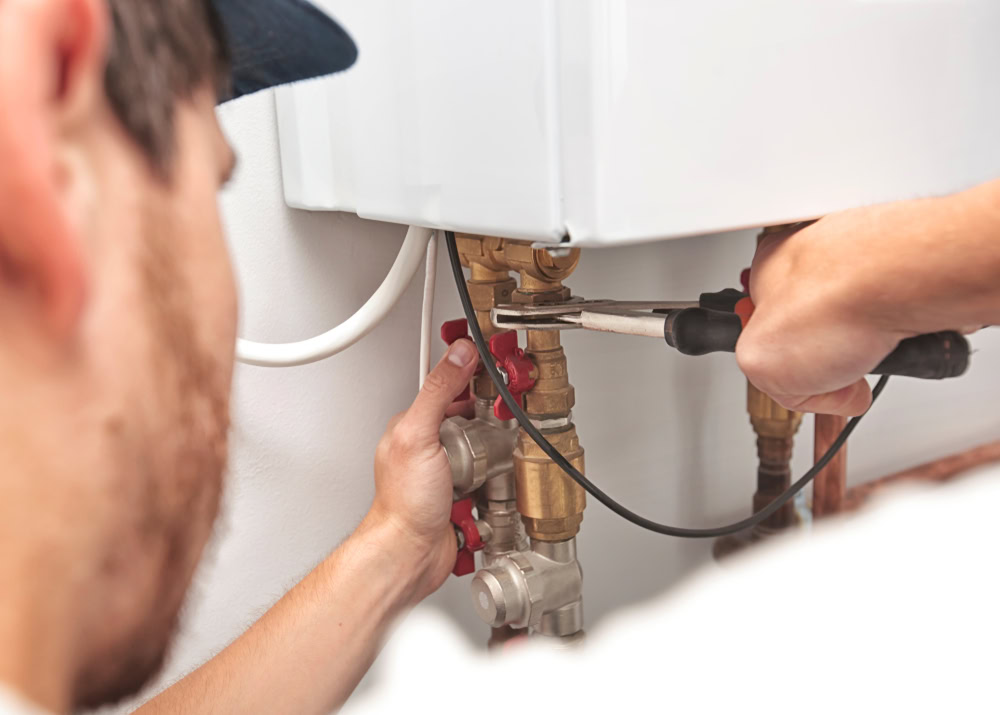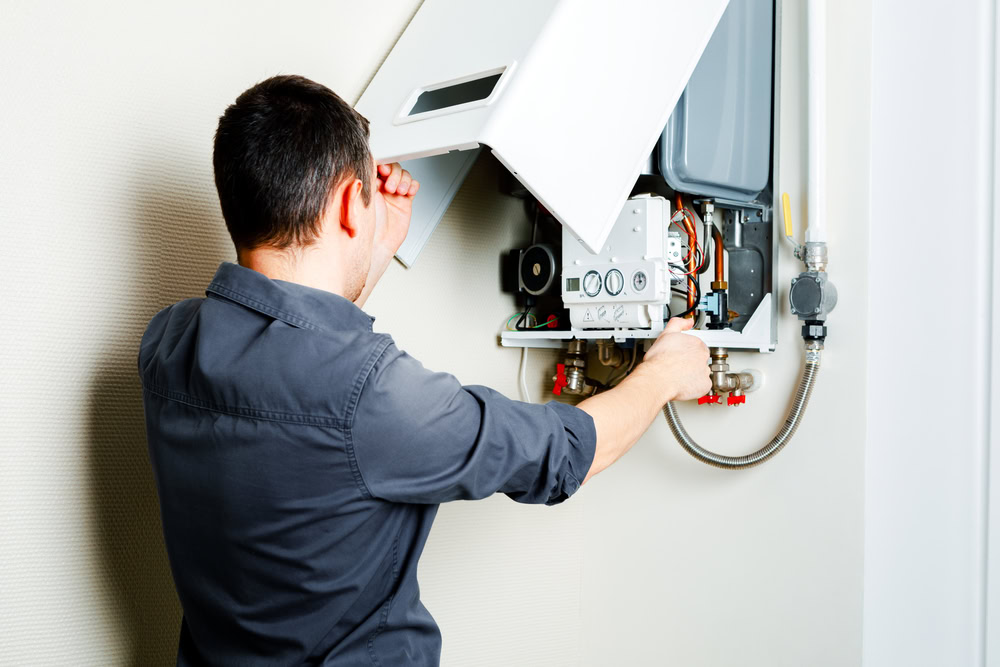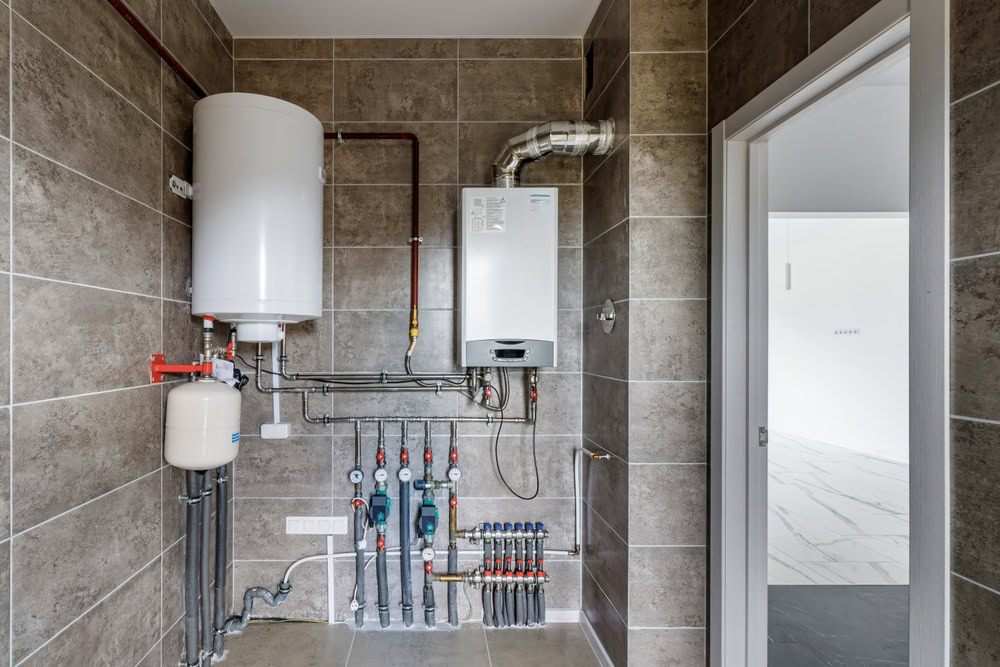Summary:
Skipping Regular Boiler Maintenance
Here’s the thing about boilers—they don’t give you much warning before they quit. One day they’re working fine, the next day you’re waking up to a cold house and calling for emergency service. The biggest mistake homeowners make is treating their boiler like it doesn’t need attention until something goes wrong.
Your boiler is working harder than almost any other appliance in your home, especially here in Queens and Nassau County where winters can be brutal. Without regular maintenance, small issues turn into major breakdowns. And those breakdowns always seem to happen at the worst possible time.
What Happens When You Skip Boiler Service
When you skip annual boiler maintenance, you’re essentially gambling with your comfort and your wallet. Here’s what actually happens inside that system when it doesn’t get proper attention.
First, your boiler starts working harder to produce the same amount of heat. Dust and debris build up on heat exchangers, making the system less efficient. Your energy bills creep up, but most people don’t connect the dots until the increase becomes obvious. By then, you’ve already wasted hundreds of dollars in extra heating costs.
The real problems start when components begin wearing out faster than they should. Water pumps strain against buildup in the system. Gas burners get clogged and don’t burn cleanly. Oil boilers develop soot deposits that reduce efficiency and can create safety hazards. These aren’t dramatic failures that announce themselves—they’re gradual declines that suddenly reach a tipping point.
Then comes the emergency call. Usually on the coldest day of the year when every HVAC technician in Nassau County is already booked solid. What could have been a routine maintenance visit becomes an expensive emergency repair, often costing three to four times more than preventive service would have cost.
The Real Cost of Skipping Maintenance
Let’s talk numbers because this is where the mistake really hits home. Annual boiler maintenance typically runs between $150-300 depending on your system type and what’s included. Emergency boiler repair calls start around $400-500 just for the technician to show up, before any actual repairs.
But the real cost isn’t just the emergency call. When your boiler breaks down from lack of maintenance, you’re often looking at replacing multiple components at once. A circulator pump, gas valve, and heat exchanger replacement can easily run $1,500-3,000. On an older system, those same components might have lasted several more years with proper maintenance.
Here in Queens and Nassau County, we see this pattern constantly during cold snaps. Homeowners who skipped their fall tune-up end up spending more on one emergency repair than they would have spent on five years of regular maintenance. And that’s assuming the boiler can be repaired at all—sometimes neglect leads to complete system replacement years before it should have been necessary.
The efficiency loss alone costs you money every month. A poorly maintained boiler can lose 10-20% of its efficiency, which translates directly to higher gas or oil bills. Over a heating season, that efficiency loss can cost more than the maintenance would have.
Ignoring Warning Signs Until It's Too Late
Your boiler actually tries to tell you when something’s wrong, but most homeowners either don’t recognize the signs or hope they’ll go away on their own. This is the second biggest mistake we see—waiting until complete failure before calling for service.
Strange noises, inconsistent heating, higher energy bills, and unusual smells are all your system’s way of asking for help. When you ignore these early warnings, minor issues become major problems that require emergency boiler repair instead of simple adjustments.
Warning Signs You Shouldn't Ignore
Your boiler gives you plenty of advance notice before it fails completely, but you have to know what to listen and look for. Most homeowners miss these signs because they seem minor or intermittent at first.
Unusual noises are often the first indicator something’s wrong. Banging, whistling, or gurgling sounds from your boiler or radiators usually mean trapped air, low water pressure, or mineral buildup in the system. These sounds might come and go at first, which is why people ignore them. But they’re telling you that water isn’t circulating properly through your system, and that problem will get worse over time.
Inconsistent heating throughout your home is another red flag. If some rooms are too hot while others stay cold, or if your boiler seems to run constantly without reaching the thermostat setting, something in the system isn’t working efficiently. This could be anything from a failing circulator pump to blocked vents, but it won’t fix itself.
Rising energy bills without increased usage often indicate your boiler is losing efficiency. When components start failing, your system works harder to produce the same amount of heat. You might not notice the performance decline immediately, but you’ll definitely notice the higher gas or oil bills. By the time the efficiency loss becomes obvious, you’ve usually been overpaying for months.
Strange smells around your boiler require immediate attention, especially with gas systems. Any smell of gas, burning, or unusual chemical odors could indicate a serious safety issue. Don’t wait to investigate these—they can signal problems that affect your family’s safety, not just your comfort.
Why Homeowners Wait Too Long
Understanding why people ignore warning signs helps explain how minor issues become major emergencies. Most homeowners operate under the assumption that if their boiler is still producing some heat, it’s working well enough to leave alone.
The truth is, boilers often continue functioning even when components are failing. A boiler with a failing circulator pump might still heat your home, just less efficiently and with more strain on other parts. A gas valve that’s starting to malfunction might still ignite the burners, but inconsistently. This partial functionality gives homeowners false confidence that the problem isn’t serious.
Cost concerns also play a role in delayed repairs. Many people worry that calling for boiler service will result in expensive repairs, so they postpone the call hoping the problem resolves itself. This backfires because small problems rarely fix themselves—they typically worsen until they cause additional damage to other system components.
Timing is another factor. Warning signs often appear during mild weather when heating demands are low. It’s easy to ignore strange noises or inconsistent heating when outdoor temperatures are moderate and your home stays comfortable anyway. But those same problems become critical when winter weather arrives and your boiler needs to work at full capacity.
The result is predictable: what could have been a simple repair becomes an emergency situation when the weather turns cold and your partially functioning boiler finally gives up completely.
Protecting Your Investment and Your Comfort
The common thread in most boiler emergencies is that they were preventable. Regular maintenance and prompt attention to warning signs keep small issues from becoming big problems. Your heating system is one of your home’s most important investments, and treating it that way saves money and prevents those middle-of-the-night emergency calls.
Don’t wait for your boiler to tell you it’s in trouble—by then, you’re usually looking at emergency repairs instead of routine maintenance. If you’re hearing unusual noises, noticing inconsistent heating, or seeing higher energy bills, those are your cues to call for service before the problem gets worse.
When you need reliable boiler repair or maintenance in Nassau County or Queens, we have the experience to keep your system running efficiently all winter long.





